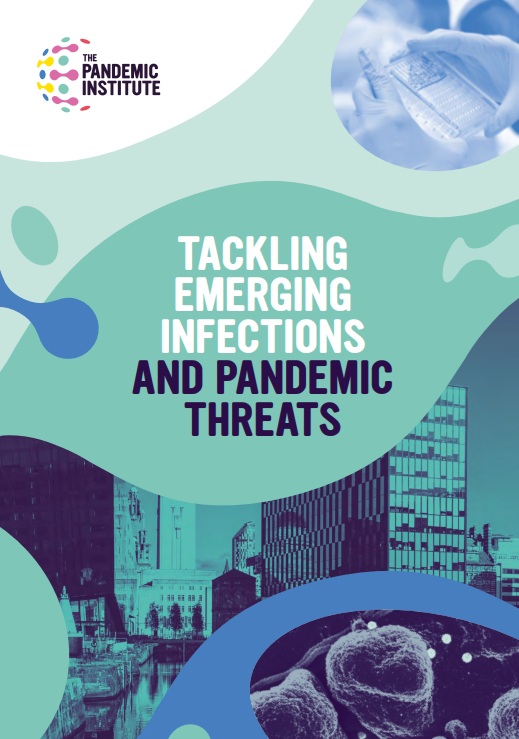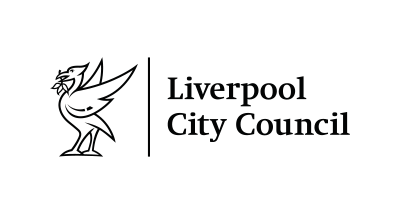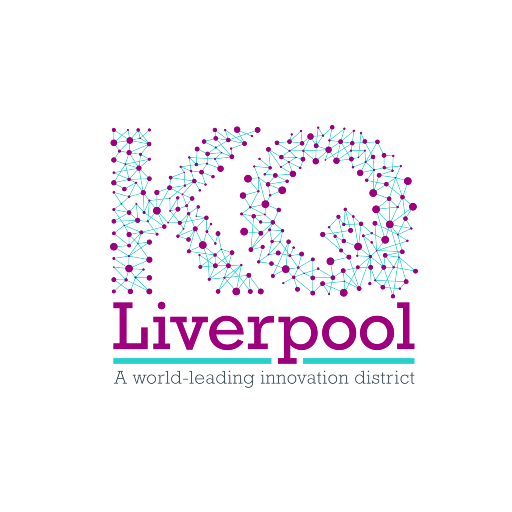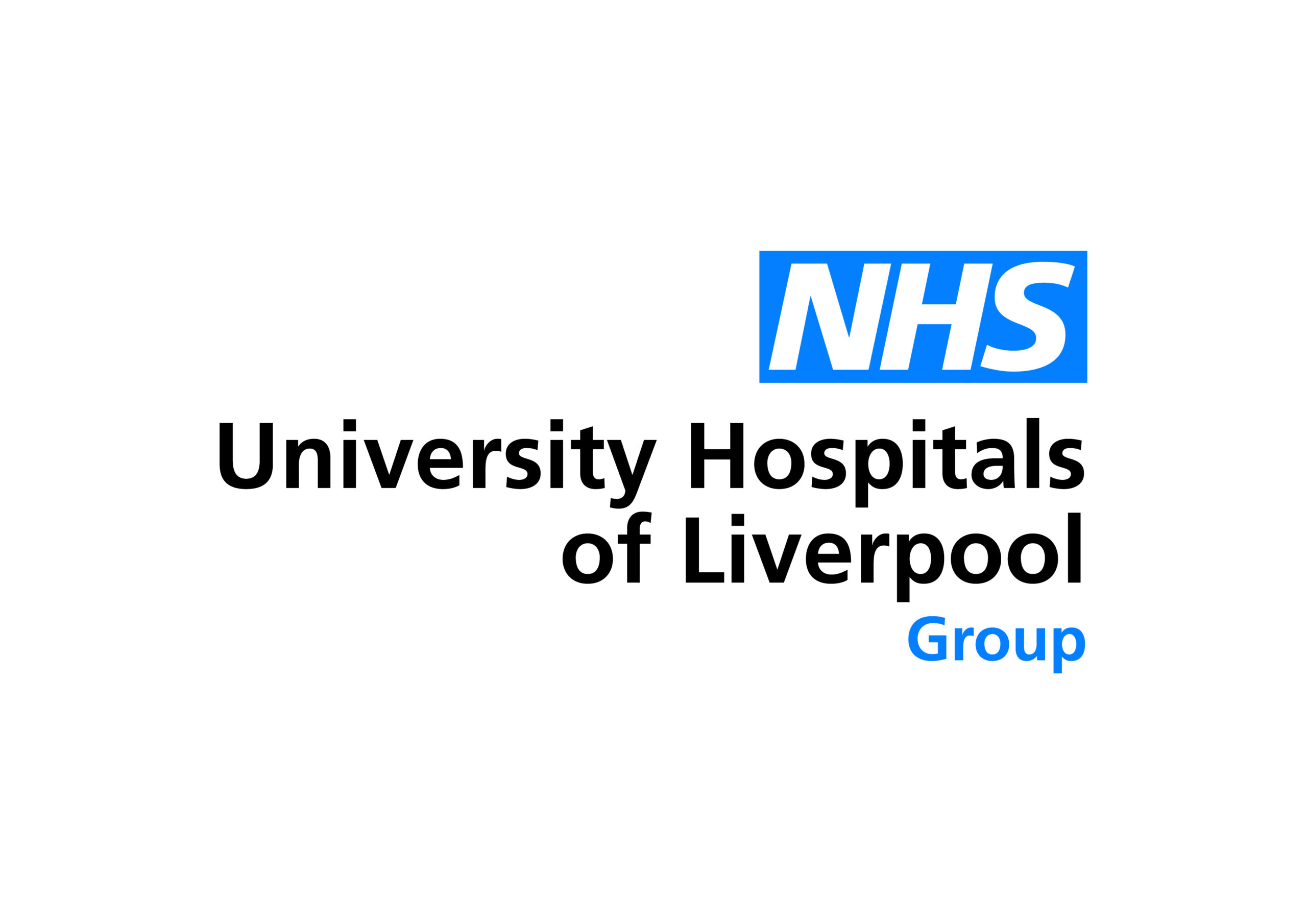
WE ARE RESPONDING TO HELP SOCIETY RECOVER FROM OUTBREAKS AND PANDEMICS
We RESPOND to emerging infections, bringing them under control with clinical and behavioural interventions and helping society RECOVER after outbreak events.
Below is a selection of our recently funded projects, and some work happening across the partnership.
ISARIC
We provide underpinning support in the UK for ISARIC (International Severe Acute Respiratory Infection Consortium), an open collaboration of clinicians and scientists addressing urgent infectious disease threats. The ISARIC-Coronavirus Clinical Characterisation Consortium (ISARIC-4C) established by Professor Calum Semple (UoL), along with colleagues from Edinburgh and Imperial College London, was central to the UK’s COVID-19 response, rapidly identifying risk factors and informing national health policy. Funded by UKRI and NIHR, ISARIC-4C created a powerful open-access analysis platform linking NHS clinical data. It continues recruiting for emerging infections, publishing papers recently in the Lancet on Mpox and in Nature on adeno-associated virus 2 (AAV2), which causes a severe liver disease in children. The ISARIC-4C initiative enables fast, collaborative research and underpins clinical trials and public health strategies by sharing data and biological samples with the global research community.
Ho A, et al. Nature. 2023 May;617(7961):555-563
Studying long-term clinical outcomes
In a landmark national study of patients hospitalised with COVID-19, Professor Benedict Michael (UoL) and colleagues found that many still had thinking and memory problems a year later, key features of Long COVID. These deficits were linked to blood biomarkers of inflammation and brain injury on scans, especially in those with severe illness or psychiatric symptoms. Follow-up showed signs of gradual recovery. The findings suggest the brain effects may be immune-related and highlight the need for targeted treatments.
Michael B, et al. Nat Commun. 2023 Dec 22;14(1):8487
Improving Crisis Communication
Our researchers are working to refine public health messaging by understanding how communities receive and respond to information. Projects in Liverpool have explored stigma around Mpox (led by James Woolgar, Liverpool City Council) and used digital mapping to track how COVID-19 messages spread (led by Professor Kay O’Halloran, UoL). Insights from this work are shaping clearer, more inclusive communication for future outbreaks.
 Planning for future community testing
Planning for future community testing
Large-scale testing, first piloted in Liverpool during COVID-19, helped reduce hospital admissions by 25% and supported a safer return to daily life, protecting vulnerable people and allowing more targeted use of isolation. But to make community testing work in future pandemics, we need better data, real-time insights, and clearer plans for when to start, and stop, testing. A recent review led by Professor Iain Buchan (UoL, below), and funded by UKHSA, aims to build a smarter, more effective framework for future testing strategies. Read more about the review here or watch the video here.
Sign up to our newsletter
Join our mailing list to hear about our latest news, events and funding opportunities.









